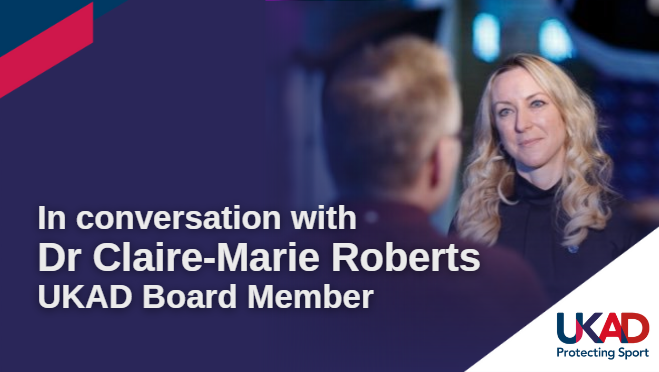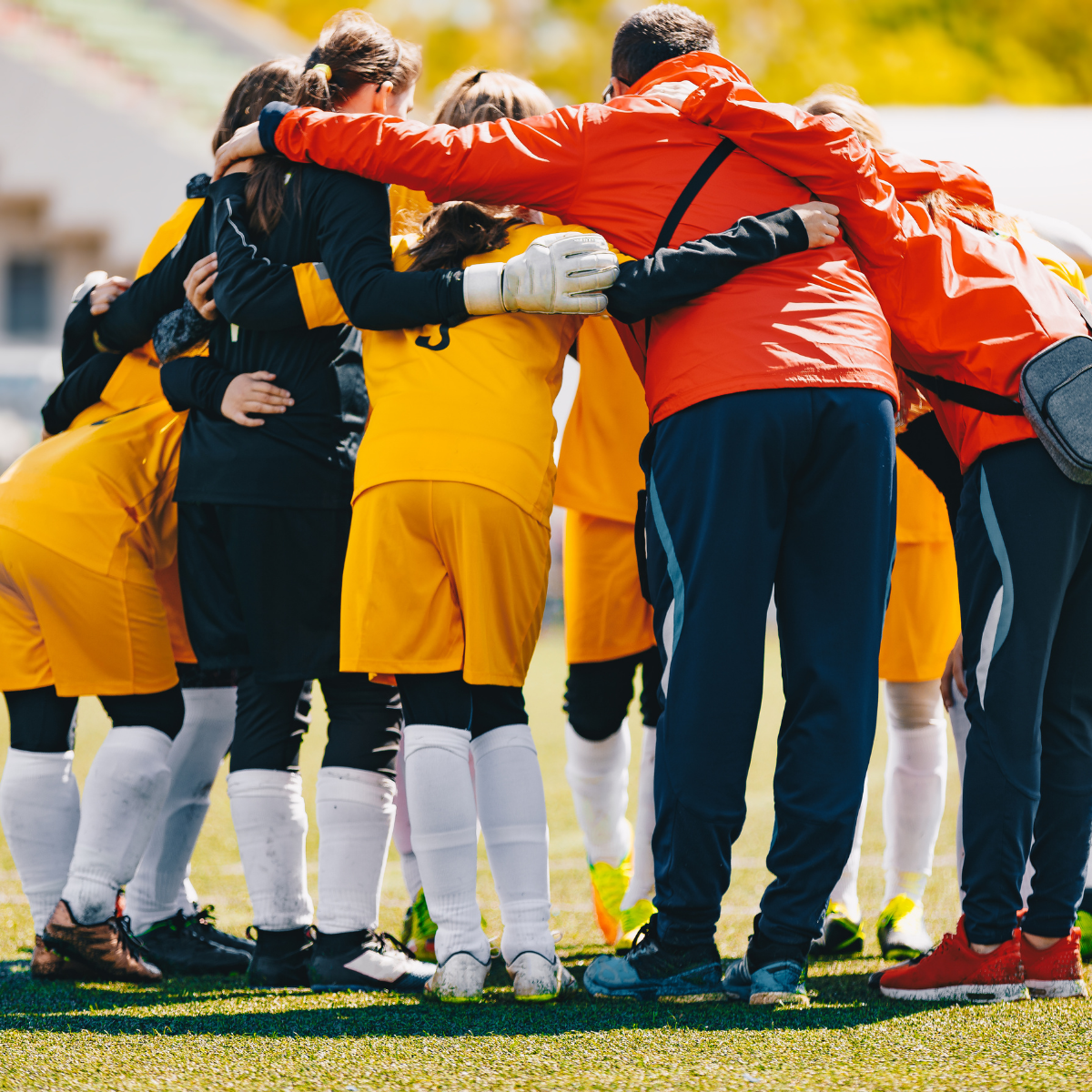The role of the doctor in clean sport, by Dr David Pugh
Dr David Pugh in interview with UKAD for Clean Sport Week 2023, Teamwork in Clean Sport.

Dr David Pugh is Chief Medical Officer for British Curling and Team Doctor for Scotland Under 20’s Men’s Rugby Union, as well as a UKAD TUE committee member.
For any sport that I’m involved with, I feel I’m part of that team. I think as doctor you become fully invested in the team. You’re taken on board with that team and all those people within that team, and you become an integral part of that. The whole team ethos is vital.
If an athlete inadvertently dopes or indeed chooses to cheat, then it has a knock-on effect on everybody in that team. Some people will think it’s not really being part of the team to report one of your teammates when you think they are cheating, but actually it totally is. If they cheat and they get caught out, your team is tainted by that. So being a good teammate and being a whistle blower in that situation is very important. It’s very difficult, but if you don’t blow that whistle, you have to understand that you will end up suffering the consequences as will the rest of your team. It’s incumbent upon you to act, and if you feel that you can’t do something yourself, tell somebody who can.
My role as a doctor is very much an educational role, spreading the message of clean sport. I will go through any presentations I deliver with a fine-tooth comb to make sure that the athletes I work with understand their responsibilities. It is key for me that they understand the principles of strict liability and especially the risks around supplements, an area where both younger players and older players can get caught out for inadvertent doping.
Pre-competition I am preparing athletes from a physical and mental health point of view, making sure they are fit and healthy to take part in whatever event they are doing. Post-competition, I am there to use my knowledge and experience to put athletes at ease and talk them through the process at Doping Control. Especially for youngsters or first timers, Doping Control can be a bit disconcerting and anxiety provoking, so my expertise can help these athletes understand the process.
Doctors support athletes with their medicines. It’s a very important message for athletes to check the anti-doping status of their medicines before using it. It’s also really important for athletes who have specific medical conditions such as diabetes, ADHD or asthma, that they look at the UKAD guidelines. You’re likely to find at least one athlete in a team environment who suffers from asthma. If an athlete uses a salbutamol inhaler and they take too many puffs in a set period, this could put them over the limit for what is permitted. If there’s not a TUE in place beforehand or a retrospective TUE accepted by a TUE panel, then that athlete is at risk of failing a test. Doctors and medical personnel need to stay educated on up-to-date guidelines and The Prohibited List when it comes out each year, so they can see how these impact athletes and advise them accordingly.
The other main topic of concern for me is supplements. We know that supplements are made available to athletes, and as much as we want to promote a food-first approach, there are certain competitions where athletes have very little time to refuel and recover before the next event. There are certain things here that the strength and conditioning team may want to supplement to help an athlete’s peak performance and which for us doctors, may help to prevent things like illness by boosting their immune systems. However, as good as we can make it to ensure supplements are safe for athletes, it’s always with the proviso that using supplements is absolutely at the athlete’s own risk.
It’s a real terrible thing, the impact of doping. When I hear about doping in one of my sports (thankfully a rare occurrence), there’s loads of emotion, upset and anger. It affects everyone involved, the athlete and their family, and it can cost the athlete their career. I think we forget that with the lower profile athletes whose livelihood is dependent on their job, that their lives can be devastated by doping, especially if it was a mistake or not understanding the risks involved. It’s a key learning for people to understand.


